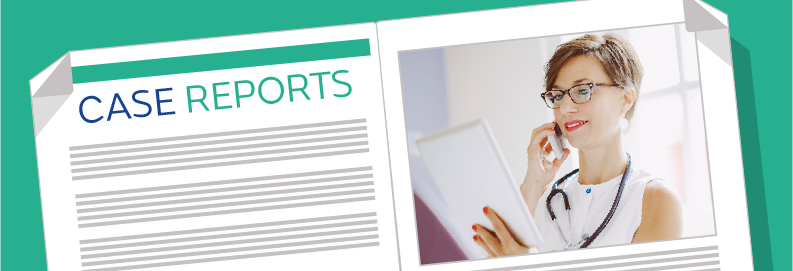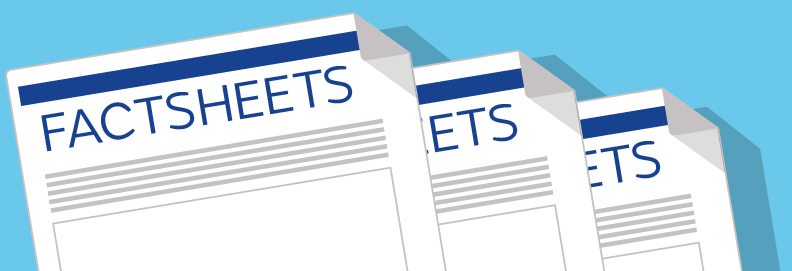COVID-19: a practical and ethical guide to the vaccination scheme
Post date: 19/01/2021 | Time to read article: 4 minsThe information within this article was correct at the time of publishing. Last updated 20/01/2021
Ceylan Simsek, Case Management Assistant, and Dr Emma Davies, Medicolegal Consultant at Medical Protection, provide an overview of the COVID-19 vaccination scheme and the required indemnity arrangements.
The COVID-19 vaccination programme serves as a foundation to manage the rise in COVID-19 cases, with the first COVID-19 vaccination having been administered on 8 December. Delivering the vaccine effectively will depend on multiple factors including resources of staff, available space, vaccine storage and administration support.
In this article you will find general guidance on the indemnity provision together with ethical and practical considerations when setting up a vaccination clinic.
Who is prioritised to receive the vaccine?
The vaccination is being initially delivered to those with the highest morbidity and mortality rate, as well as frontline workers.
Based on current evidence, the Joint Committee of Vaccination and Immunisation (JCVI) says those who are in one or more of the following categories are more likely to be impacted by the virus:
- Increasing age
- Clinically vulnerable patients
- Care home resident and staff
- Health and social workers
Ethical considerations
Expectations from the GMC in receiving consent are the same as any other vaccine. Therefore, discussions will need to take place about allergies and the known risks and benefits of the vaccine.
In situations where a patient does not have the capacity to consent, another individual who has legal authority will be able to advise.
If there is no such person with legal authority, doctors will need to demonstrate that they have assessed the overall benefit of the vaccine for the patient and made a best interest decision for those who are deemed to not have capacity to consent.
It is advisable to keep a comprehensive record of the decision-making process and address any questions those close to the patient may have.
Service delivery and management of vaccinations
The JCVI has recommended that the second dose can be done 12 weeks apart from the first dose, in contrast to the initial 21 days gap between doses. Furthermore, there will be a call and recall system both nationally and locally, where the patient may choose to attend either an immunisation site or a practice-led designated site.
Practices will also need to check that there is adequate public liability insurance cover in place for the designated vaccination site, to protect them against incidents such as slips or trips that may occur on the premises. Such incidents would likely not be covered by any state indemnity or as part of your Medical Protection membership.
Who can administer the vaccine?
The Government has issued guidance that a clinically trained individual can administer the vaccine provided they have received consent or, alternatively, that a non-clinical appropriately trained individual may also administer the vaccine provided it is done so under clinical supervision. Where there is an increase in demand or local practice resource is not sufficient, local pharmacies may also be able to administer the vaccine.
Indemnity protection
England
Claims indemnity
In England, it is expected that those administering the COVID-19 vaccine as part of the vaccination programme will be indemnified by either the Clinical Negligence Scheme for GPs (CNSGP) or the Clinical Negligence Scheme for Trusts (CNST). The state-backed indemnity scheme will also include those who are responsible for the training and supervision of vaccinators. Any member who is undertaking vaccinations outside this programme should contact Medical Protection to ensure they have the appropriate indemnity in place.
The Department of Health and Social Care has also confirmed that any clinicians working for practices vaccinating their own staff would be indemnified by the CNSGP (in England).
Non-claims indemnity
With respect to non-claims assistance, Medical Protection has already agreed to offer non-claims protection free of charge to those members who are returning to practice to support the health service as a result of the COVID-19 pandemic. This support extends to those administering COVID-19 vaccinations as part of the vaccination programme. Therefore, any members returning from retirement in order to assist with the COVID-19 vaccination programme, and who are registered with the GMC, will be provided with non-claims assistance at no cost and with no requirement to reactivate membership.
Northern Ireland and Scotland
For Northern Ireland, it is anticipated that there will be large-scale vaccination sites, and GP practices will be working together with nurses who work in Trusts to provide the vaccine; this means that members working in primary care will need to have claims indemnity in place with Medical Protection in order to seek assistance with clinical negligence claims arising. For vaccinations provided in secondary care, state indemnity is in place.
We understand that recruitment is ongoing to expand the workforce to include retired GPs and dentists who may be contracted by the Public Health Agency to support the vaccination programme. Practices should ensure that any vaccinators are appropriately registered and have suitable indemnity arrangements in place for the work they are undertaking.
For both Scotland and Northern Ireland, members of Medical Protection who are in a membership grade that already provides claims indemnity for the provision of vaccinations, will be able to request assistance with matters arising from the provision of COVID-19 vaccinations.
Our expectation is that the GP participation in Scotland will be similar to other vaccination campaigns. Medical Protection has previously provided information on flu vaccination clinics. Please note that GPs directly employed by a health board should have their claims indemnity provided by the state.
In addition, in both Scotland and Northern Ireland where members have claims indemnity provided by the state, they will be able to request assistance from Medical Protection with regards to non-claim matters arising from the provision of COVID-19 vaccinations.
- At the time of publication, we are awaiting confirmation on the situation regarding state indemnity in Wales. However, we can advise that Medical Protection members will be able to request assistance with regards to non-claim matters that arise where they are assisting the NHS COVID-19 vaccination programme and already benefit from state claims indemnity.




